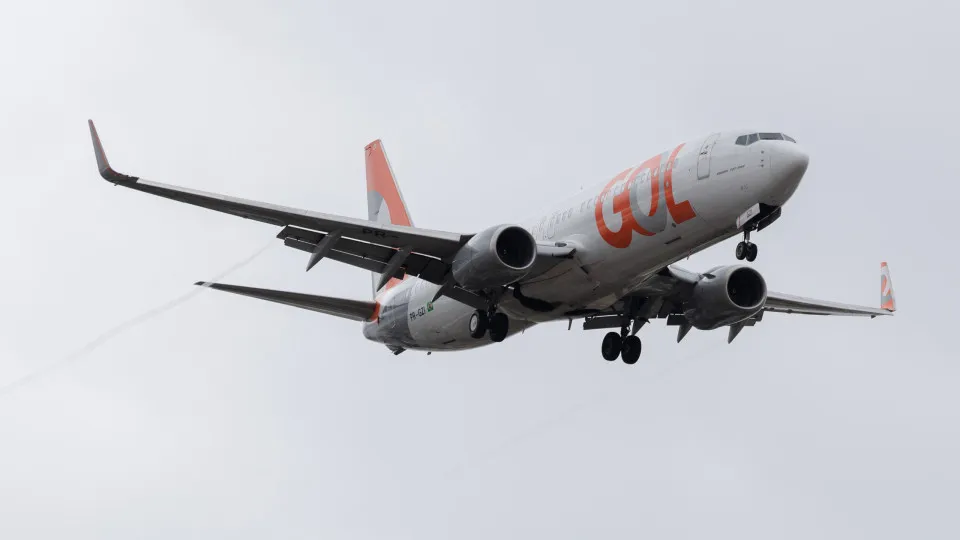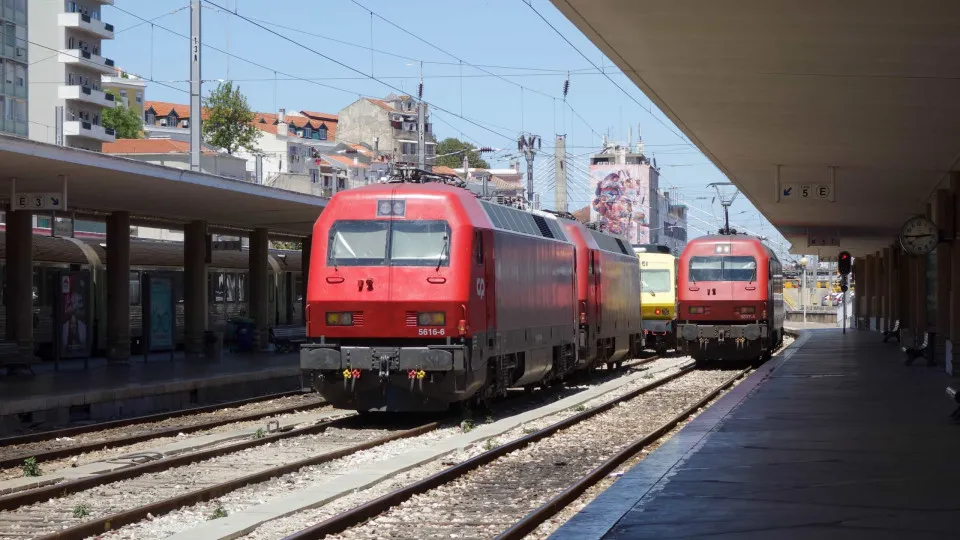
The company announced on Monday, in a statement, that the plan, already approved by the Board of Directors, is subject to approval at a shareholders’ general meeting, with the vote initially scheduled for November 4.
If approved, Gol will be wholly owned by a company directly dependent on Abra, a conglomerate that controls both Gol and the Colombian airline Avianca.
The deal also includes Gollog, the cargo transport division of Gol, and the Smiles mileage program.
Current minority shareholders will have the option to sell their shares and leave the company or hold minimal stakes in the new group, which will be a separate entity fully controlled by Abra.
The transaction will not be costly for Abra, as after a capital increase in May, in which only 0.76% of minority shareholders participated, the group now holds more than 80% of Gol’s shares.
The company argued that the plan will enhance Gol’s management capacity, reduce costs, and allow for greater strategic agility during a period of operational recovery.
In June, Gol concluded the judicial recovery process in the U.S., with the approval of a restructuring and refinancing plan presented following a voluntary bankruptcy protection request in January 2024.
Gol needed to restructure its debt, which reached 20.2 billion reais (approximately 3.19 billion euros) as of September 2023.
In January, Gol and Azul, two of Brazil’s three major aviation companies, announced the signing of a memorandum of understanding described as an “initial phase” in the negotiation process for a potential merger.
The stake of each airline in the company resulting from the merger will depend on an economic evaluation considering the capital structure and revenue projections of each airline at the process’s conclusion.
Following the merger, both airlines will continue to exist independently, potentially sharing aircraft to increase flight connections.
Gol, a pioneer of the ‘low-cost’ model in the region, transported 30 million passengers to 65 destinations in Brazil and 16 internationally in 2024.
The airline has a fleet of 139 aircraft, all Boeing 747s, and approximately 14,500 employees.
Azul, in turn, has 180 aircraft and flies to over 160 destinations.
The third-largest player in the Brazilian aviation sector is Latam, which would be the main competitor of the future company that could result from a merger.




